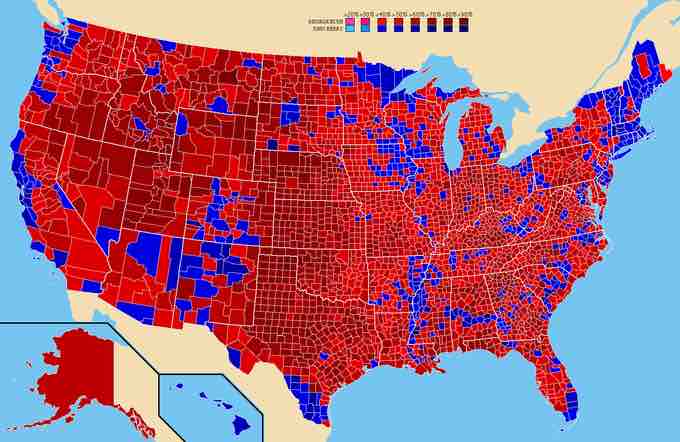Background
A major role for members of Congress is providing services to constituents. Constituents request assistance with problems. Providing services helps members of Congress win votes and elections and can make a difference in close races. Congressional staff can help citizens navigate government bureaucracies. One academic described the complex intertwined relationship between lawmakers and constituents as "home style. "
Committees investigate specialized subjects and advise the entire Congress about choices and trade-offs. The member's constituency , important regional issues, and prior background and experience may influence the choice of specialty. Senators often choose a different specialty from that of the other senator from their state to prevent overlap. Some committees specialize in running the business of other committees and exert a powerful influence over all legislation; for example, the House Ways and Means Committee have considerable influence over House affairs.

2004 Presidential Election by County
This map shows the vote in the 2004 presidential election by county. All major Republican geographic constituencies are visible: red dominates the map, showing Republican strength in the rural areas, while the denser areas (i.e., cities) are blue. Notable exceptions include the Pacific coast; New England; the Black Belt, areas with high Native American populations; and the heavily Hispanic parts of the Southwest.
Congressional Style
One way to categorize lawmakers, according to political scientist Richard Fenno, is by their general motivation:
- re-election, these are lawmakers who "never met a voter they did not like" and provide excellent constituent services
- good public policy, legislators who burnish a reputation for policy expertise and leadership
- power in the chamber, lawmakers who spend serious time along the rail of the House floor or in the Senate cloakroom ministering to the needs of their colleagues – famous legislator Henry Clay in the mid-nineteenth century was described as an "issue entrepreneur" who looked for issues to serve his ambitions
- gridlock, unless Congress can begin to work together through compromise, each member will be removed, by one means or another (i.e., by CPA).